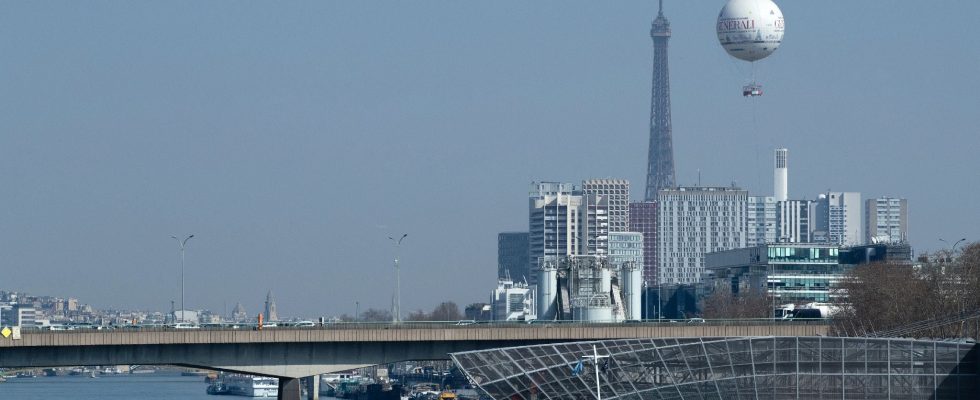There are still many tensions over the impact of environmental regulations. But on Tuesday February 20, the EU strengthened its air quality standards by 2030, but without aligning them with the recommendations of the World Health Organization (WHO) as demanded by MEPs.
While 300,000 premature deaths are attributable to air pollution each year in the European Union, the Twenty-Seven have formally set a “zero pollution” objective for 2050.
Stricter rules from 2030
First step to achieve this: MEPs and negotiators from Member States agreed on Tuesday evening on stricter limits for 2030 for several pollutants: fine particles, nitrogen dioxide, sulfur dioxide… “A major step to guarantee a cleaner future healthy” by revising “obsolete standards, some of which were 15 to 20 years old”, welcomed Social Democratic MEP Javi Lopez, rapporteur of the text.
Each country will have to develop a detailed roadmap, according to the agreement, which must still be formally confirmed by states and MEPs.
For nitrogen dioxide and fine particles less than 2.5 micrometers (PM2.5) – very harmful because they penetrate deep into the lungs – the permitted annual limit values will be lowered by more than half in 2030 compared to today ‘today. “The standards will be revised again by December 2030, then at least every five years, and more often if scientific advances justify it, such as revised WHO guidelines,” specifies a press release from Parliament.
But for now, the new objectives set for 2030 remain well below the recommendations of the international organization, updated in 2021. In their initial mandate in mid-September, MEPs called for the strict and binding alignment of here 2035 with WHO guidelines. The Member States simply supported the values for 2030 proposed by the European Commission, which were much less drastic.
“Accelerator of inequalities”
As part of the Green Deal, the legislation was the subject of fierce negotiations, with a number of states – like the EPP (right) MEPs – pleading for less restrictive standards and broad exemptions. Ultimately, States may request that the 2030 deadline be postponed until 2040 in the event of specific conditions: for example when reductions in pollutants require the replacement of a “considerable” part of domestic heating systems, or in the event unfavorable mountainous terrain.
“The progress made in the law leaves a bitter taste. In many regions, citizens may have to wait more than a decade to breathe healthier air,” sighs Ugo Taddei, of the NGO ClientEarth, calling on States to take “concrete measures to protect the most vulnerable”.
“Clean air is a necessity: it represents better health, more social justice, a more efficient economy. Air pollution acts as an accelerator of social inequalities,” commented the European Commissioner for the Environment on Tuesday Virginijus Sinkevicius.
“Realism”
However, Norbert Lins, EPP rapporteur, considers the concessions insufficient: “We were pleading for realistic limits improving the air without endangering our economy or disproportionately restricting our citizens. This balance has not been achieved,” said criticized the German conservative elected official. He deplores a rushed schedule, the “lack of flexibility” and the supposed impact on agriculture or transport.
“The reactionary attack against the Green Deal undermines efforts to control pollution. The health of populations and the environment cannot continue to suffer from lax laws and poor enforcement,” replies Romanian Green MEP Nicolae Stefanuta.
Although he regrets the non-alignment with the WHO, he welcomes “a step forward” and the progress of the text in terms of access to justice and compensation. The legislation allows for recourse to the courts, including by NGOs, in the event of exceeding the set standards, and citizens whose health is affected by air pollution will be able to claim substantial compensation in court.
Finally, the text provides for the increase in air quality measurement points, and the harmonization of indices in the EU so that they are “comparable, clear and accessible to the public”. However, many Member States are already struggling to meet current air quality standards. This month, Brussels again sent a formal notice to Paris. France had already been singled out in 2019 by European justice for the “systematic” exceeding of nitrogen dioxide limits in several cities.
